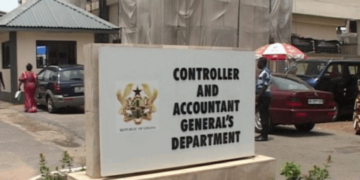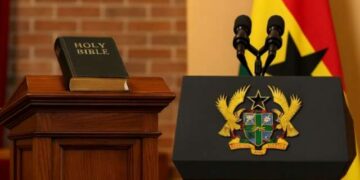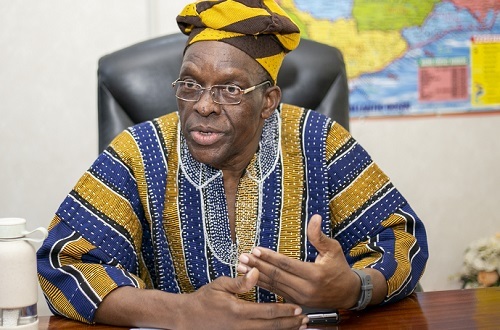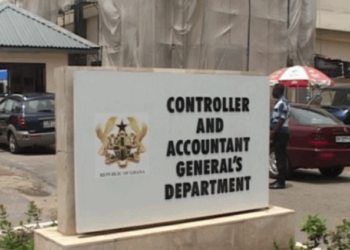Parliament will begin using local languages on the floor of the House to promote Ghanaian culture and keep it from extinction.
According to Order 63 of the new Standing Orders, a Member of Parliament (MP) may use any of the local languages, subject to interpretation and translation to ensure everyone’s comprehension.
This is anticipated to begin with the second meeting of the Eighth Parliament’s fourth session.
The Speaker of Parliament, Alban Sumana Kingsford Bagbin, stated that all required facilities, including translators and suitable gadgets, will be put in place to ensure a smooth take-off.
The new policy will thus go into effect following the Easter break, barring any hiccups.
Read Also: President Tinubu appoints son-in-law for top job position
Statement and contributions
The usage of local languages came up on the floor of Parliament yesterday, when the Second Deputy Minority Leader, Emmanuel Armah-Kofi Buah, made a speech advocating for the development and preservation of the Nzema language.
Mr Buah, who is also the National Democratic Congress MP for Ellembele in the Western Region, stated that the Nzema language was one of 11 native languages on the basic and senior high school curricula and was examinable.
Unfortunately, despite the language’s high degree of growth, interest in teaching and learning it in our educational institutions is rapidly declining.
This drew responses from members who, in unison, advocated for the use of local languages in elementary schools to develop the languages and offer adequate comprehension to various subjects.
They stated that, like with the Asia Tigers, scientific disciplines such as chemistry should be taught in local languages.
Direction
The Speaker then instructed that the statement be forwarded to the education, culture, tourism, and finance committees for a decision.
The referral is intended to enable the Ghana Education Service (GES) to accept the notion of utilizing the language in basic or lower primary schools, promote Ghanaian culture and tourism, and evaluate financial implications.
Recall
When Parliament reconvened on February 6, 2024, it began implementing its new Standing Orders by introducing a daily roll call of members and reciting the national pledge.
The new Standing Orders replace the previous ones, which had been in force since 2006.
The roll call, documented in order 14, is intended to make the attendance list more believable and eliminate concerns about who was present in the chamber, particularly during critical voting moments.
The new Standing Order is also intended to instill discipline and develop a feeling of obligation toward the people who elected the MPs.
The recitation of the national pledge, on the other hand, is intended to foster patriotism and love for the country.
The Speaker stated that the oral roll call did not exclude the signing of attendance books either in the chamber or at the committee level.
























